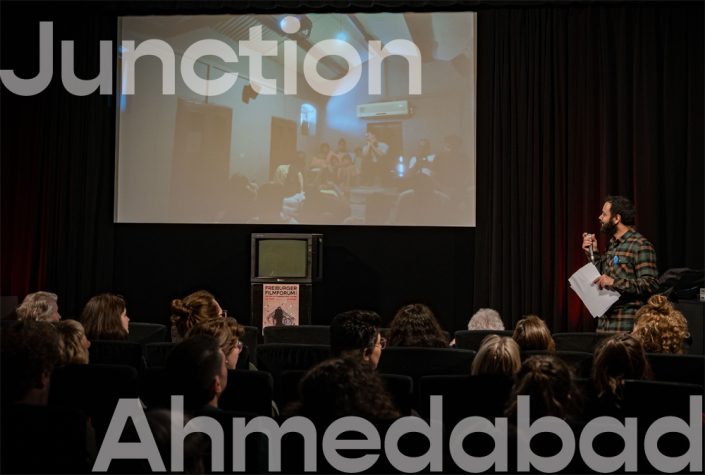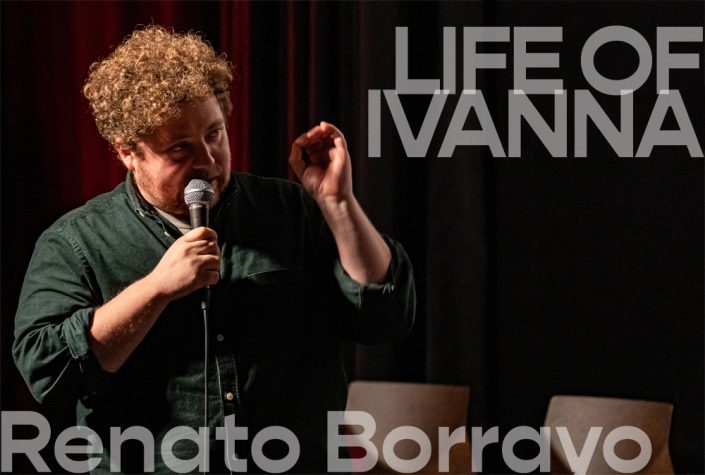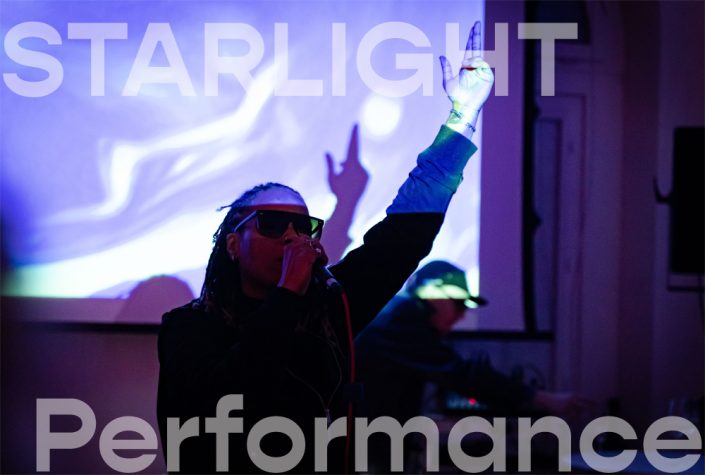DOR (LONGING) enables us to share moments of encounter between some very grounded characters, a group of young shepherds in Romania– and a person in a moment of being in limbo and transition, their apprentice Stefan. Stefan is quite lost, but also in search for something. He has returned to Romania after having lived in Belgium, to start a new life as a shepherd. Stefan and the local shepherds are very different kinds of people, but they find ways to relate with each other. While Stefan knows how to get a tattoo done for the local guys and tags their names with graffiti on stones in the middle of nowhere, the young shepherds help him to know his way around in the new environment.
This medium-length film might appear long and slow to some audiences, because it does not follow a very particular story with a conventional red thread. However, exactly this is the strength of this film. It mediates a strong immersive atmosphere through its pacing, rhythm, sound-design and its dreamy melancholic images. Thereby, the film seems to speak about how the protagonist Stefan feels in a moment of uncertainty. DOR (LONGING) is an evocative film. After all, it provokes emotions and brings the protagonist close to us, while providing at the same time large space to wonder and reflect, as it also leaves us in the dark and does not reveal everything.
(Thomas John)









